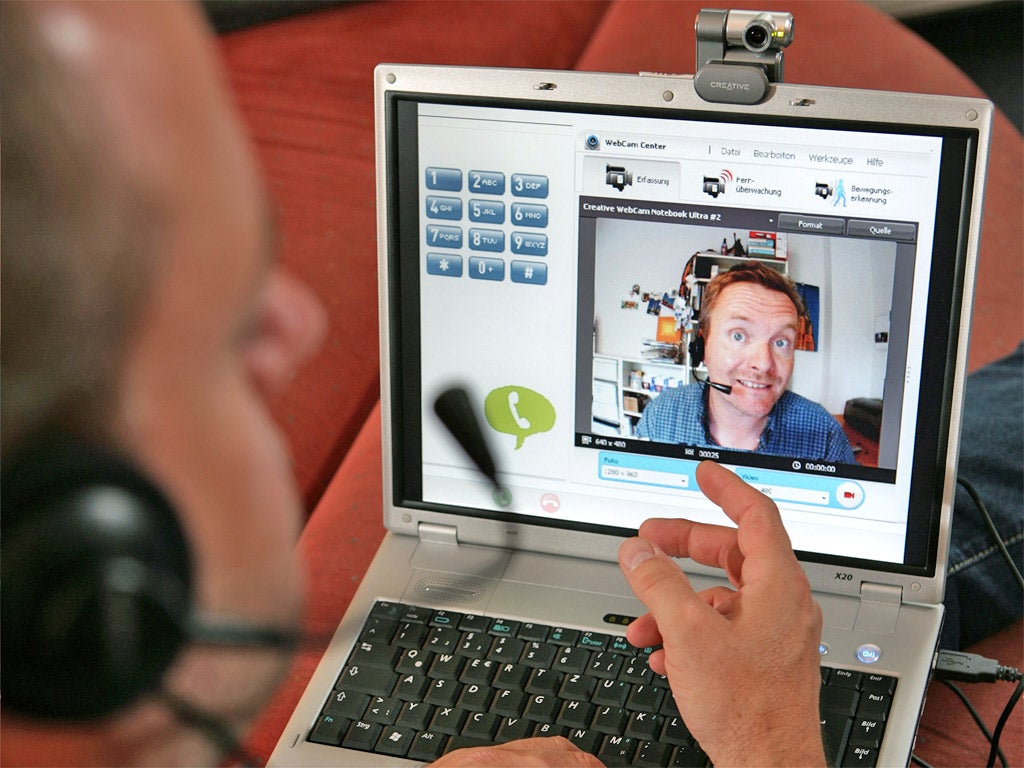Cameron retreats on digital 'Big Brother' plans

Plans to allow the authorities to monitor the online activity of every person in Britain were put on hold last night after being condemned by MPs of all parties. Nick Clegg, the Deputy Prime Minister, announced that the contentious measures would only be published in draft form and would be subject to widespread consultation – concessions that could delay the proposals for at least a year.
A storm erupted this week after it emerged that legislation to allow the police, intelligence services, councils and other public bodies to obtain details of messages sent via Skype and social networks would be included in the Queen's Speech.
The disclosure provoked anger among Tory and Liberal Democrat MPs alike, who warned the proposals contradicted the parties' opposition to a similar Labour scheme – and were not included in the Coalition Agreement. There have also been recriminations within the Coalition as Liberal Democrats – understood to have been backed by some Tory ministers – accused the Home Secretary Theresa May of mishandling the issue.
Mr Clegg told the BBC yesterday that the most contentious parts of the legislation would be published in draft form to enable "proper scrutiny". He said: "People should be reassured we will not ram something through Parliament."
His comments came just hours after Mrs May made a passionate defence of the proposed measures – which the intelligence services originally wanted in place by the summer. Mr Cameron also sought to lower the temperature among his backbenchers yesterday, insisting he was opposed to creating a "snooper's charter". He said: "This is not about extending the reach of the state into people's data, it's about trying to keep up with modern technology."
Last night the civil liberties group Big Brother Watch described the moves as a U-turn – an interpretation disputed by the Government. Nick Pickles, the group's director, said: "This is a victory for everyone who cares not only about privacy, but living in a country where the Government does not put its citizens under surveillance."
Subscribe to Independent Premium to bookmark this article
Want to bookmark your favourite articles and stories to read or reference later? Start your Independent Premium subscription today.

Join our commenting forum
Join thought-provoking conversations, follow other Independent readers and see their replies